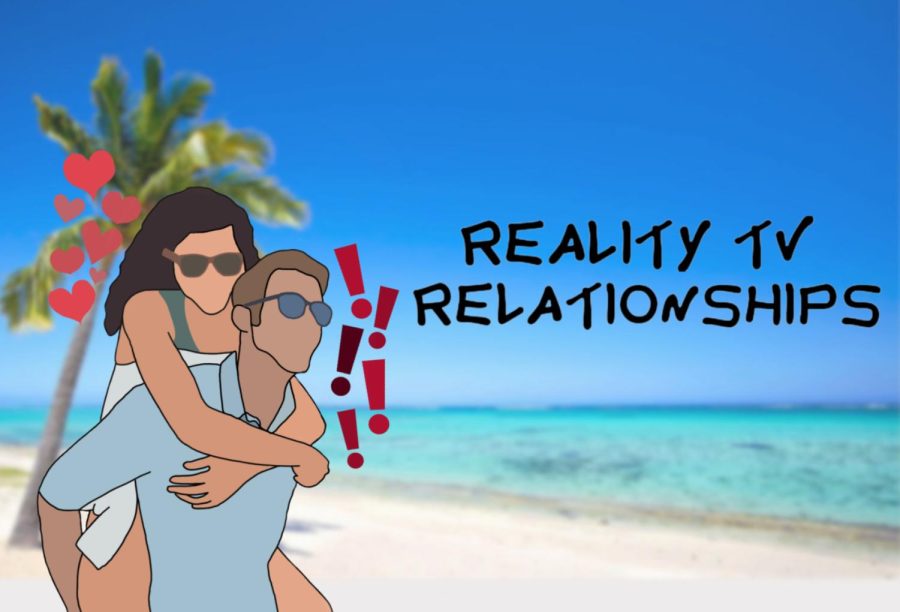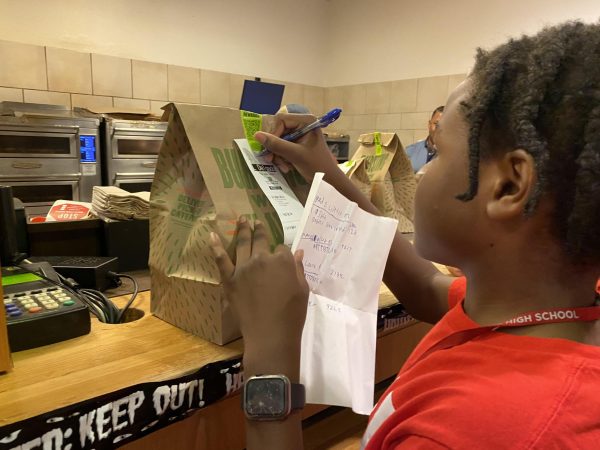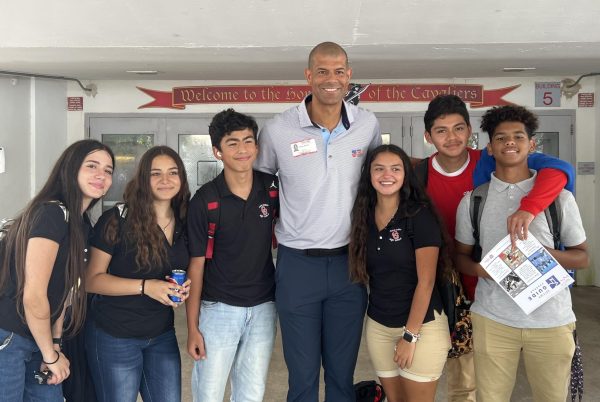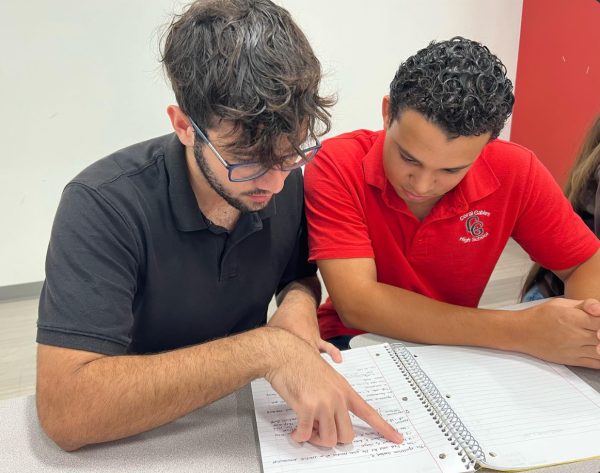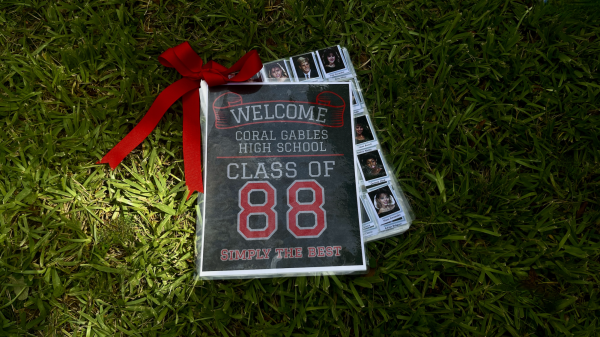The Sad “Reality” of Reality TV Relationships
Reality TV shows are known all around the world for their entertaining antics, but these series often foster toxic relationships.
Welcome to the world of reality television, where the line between reality and scripted drama is blurred, and love is just another plot device. While audiences tune in not only for the glitz and glamor but also for the chance to see everyday people have a chance at real connection, the sad reality is that many of these relationships do not last beyond the final episode.
From “The Bachelor” to “Love Island”, reality TV has become a staple in the world of entertainment. In these shows, participants compete for fame, fortune and love, with millions of viewers tuned in to their every move. Unfortunately, the enticing storylines for fans often come at the cost of meaningful relationships for competitors.
The pressure of having hundreds of thousands of eyes on you is undoubtedly bound to change your actions. Contestants may alter their personalities and mindset according to how they would like to be perceived. As long as the cameras are on, participants make decisions that do not reflect their values outside of the screen. When the partners’ real behaviors are revealed, it leaves them both shocked, wanting out of the relationship.
Moreover, the idea that time is precious is taken to an extreme in reality TV shows. Although connections take time to unfold and truly flourish, reality TV forces individuals to make potentially life-altering decisions quickly. Most shows last a week or two and contestants are cycled via voting system, which does not give them the appropriate time to decide whether or not they have formed a genuine connection. The months or even years it takes to curate a healthy relationship with a partner simply cannot be compacted into a 12-episode season.
“I enjoy watching reality TV shows for entertainment purposes, but it is clear that they do not accurately represent the time it takes to build a solid connection with someone. The intense time pressure and voting systems used in these shows do not allow contestants the opportunity to get to know each other properly, which makes relationships forced or artificial,” freshman Anne Marie Reyes said.
The bottomline is: in reality TV, the entertainment is real, but the relationships are not. Producers are more concerned about views and revenue rather than participants relationships. The reality is disheartening, not only for viewers, but also for the competitiors, — freshman Gianna Figueroa
In the unlikely circumstances, however, that a couple is on the road to becoming part of the 17% of reality TV connections that last, outside factors begin to come into play. Contestants on these shows likely have diverse backgrounds, coming from different cities, states, or even countries. The move to a new, strange place with no job or local friends is inevitable for one of the partners. While the pursuit of true love can lead people to do crazy things, losing all stability for the sake of a connection is much too daunting for the average person.
Recently, Netflix released its latest reality TV series by the name of “Perfect Match”. The producers decided the series needed a bit of a twist, so they invited contestants featured on previous Netflix reality TV series. The participants included cast members from “The Circle”, “The Mole”, “Love Is Blind” and “Selling Tampa”. While the idea allowed fans to see their favorite competitors back on the screen, giving them a second chance at love and bringing a nostalgic aspect to the series, this show ran into similar problems as those before it.
“It is interesting that Netflix decided to bring back previous reality TV show contestants for ‘Perfect Match’. While it may be exciting for fans to see their favorites back on the screen, it seems like this is just another attempt to create drama and boost ratings. It is disappointing that the focus is on entertainment rather than genuine connection, which is what the show is supposed to be about,” freshman Eliem Salazar said.
One major downfall of the series is that it fosters a strategic mindset as opposed to a romantic one. This is because the couple deemed the “Perfect Match” wins a week-long, all-expenses-paid retreat. One prominent example of calculated competitors was Nick and Savannah, who matched as friends for the first couple of nights in the villa in order to maintain their spots. Several episodes later, Will, a competitor from “The Mole”, entered the villa, immediately bonding with the others and admitting to some that he was playing to win, not to find a connection.
Reality TV fans naturally become curious about how their favorite reality TV couples are doing; unfortunately, all they are provided is constant disappointment. A large majority of couples end up separating, even if they seemed like soulmates just one episode ago. “Perfect Match” is no different, since over half of the couples that were together in the final episode have confirmed their breakup.
“I was really rooting for some of the couples on ‘Perfect Match’ and was so excited when they matched in the final episode. It was so disappointing to see them break up one after the other. It is hard to believe that these couples, who seemed so perfect for each other on TV, could not make it work in real life,” freshman Gianna Figueroa said.
At the end of the day, reality TV is geared towards mainstream entertainment rather than relationship-building. Although watching couples weave through physical and emotional obstacles is undeniably fun, the authenticity of these experiences must be taken with a grain of salt. So, while you grab your popcorn and enjoy the entertainment, remember to cherish your own real-life relationships, not the pixels on your screen.
Your donation will support the student journalists of Coral Gables Senior High School. Your contribution will help us cover our annual website hosting costs.
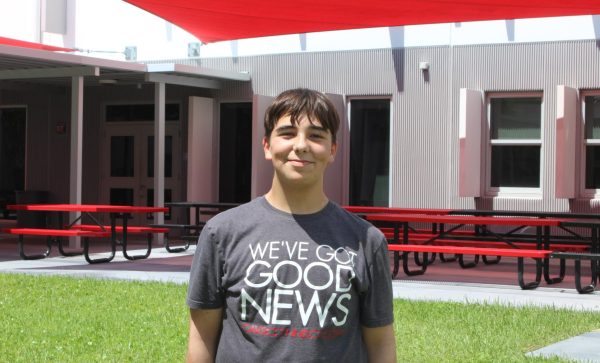
Joseph Abrahantes, a sophomore in the International Baccalaureate program and second year member of CavsConnect, is excited to come back as the publication's...



